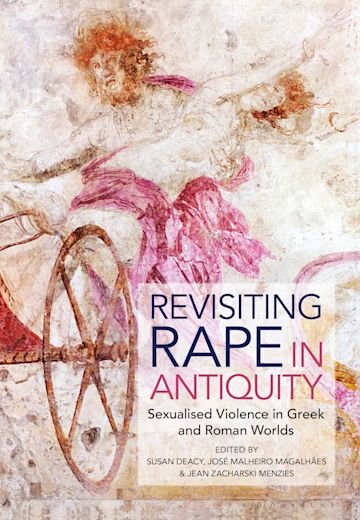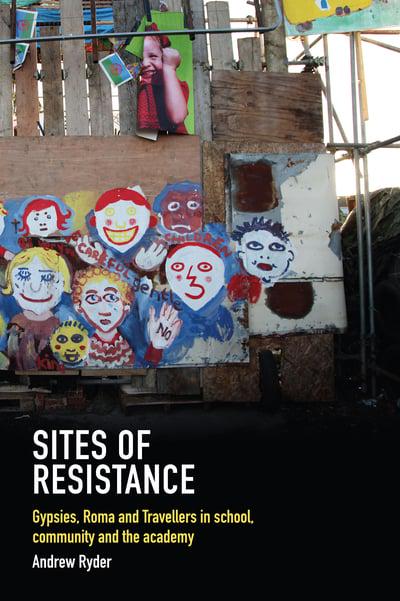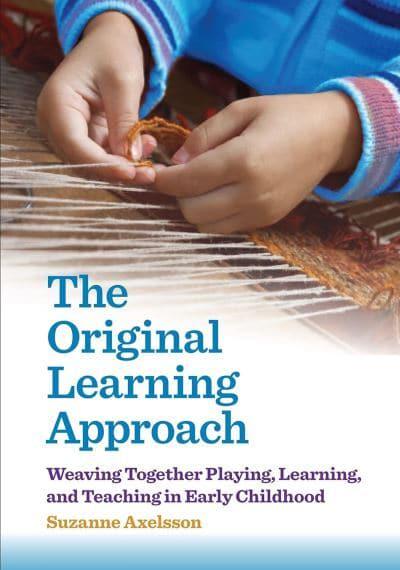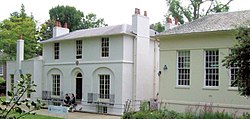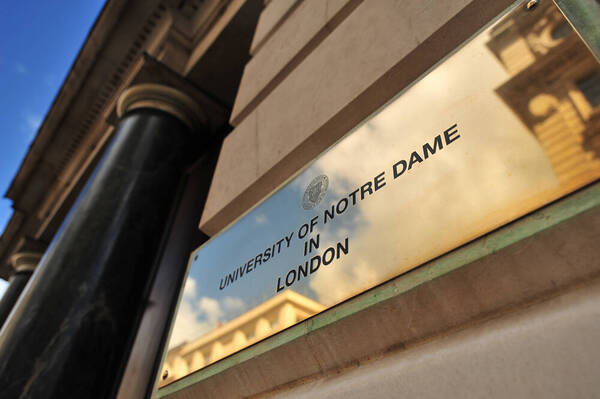Around a year ago, I spent a very pleasant afternoon in the Ure Museum of Classical Antiquity with the members of the Reading branch of the YAC: the Young Archaeologists' Club.
For the session, I adapted one of the lessons from my book of lessons for autistic children based around the figure of Hercules. When I blogged about the session last year,* I mentioned that as well as being very engaged with the figure of Hercules and with the challenges of making sense of this figure as well as other mythological figures, some of the young people recommended to me some reading I could do as a follow up.
The most enthusiastic suggestion made was that I should read a book in series called Hopeless Heroes on Hercules. The kids seemed quite sad that I didn't yet know this book - or any of its companions. They were excited for me that I could now discover the world it conjures up.
I went ahead and bought the full set.
 |
| Hopeless Heroes series, by Stella Tarakson illustrated by Nick Roberts, Sweet Cherry 2018-2020 |
Now, finally, I'm reading the books - and I'm going to do something I've done previously. As I read, I'm going to live blog, or at least this is the plan. I've not blogged recently - while I've been focusing on some other projects. I've been missing it.
So here goes volume 1: Here Comes Hercules.
We start in the modern day, presumably in the UK, where a young boy called Tim is alone in the house doing housework while his mother is at her second job as a cleaner. As he starts doing a task that he dislikes doing - dusting - he manages to knock over and break one of the many objects that clutter the house, a large vase.
What makes the breakage especially unfortunate is that it's the one object that, his mother has told him, is worth anything. Indeed, were she to sell it she wouldn't need to be doing the second job. The thing is: it was a gift from her husband, Tim's father, before he died.
As Tim contemplates mending the vase, on which a strong man is depicted with a huge bull, he's aware that there's a huge man in the room with me, Hercules, relieved to be released and a bit surprised that Tim doesn't have a clue who he is,
I'm wondering why it's so often Hercules who figures in time travel fiction - either where classical myth intrudes into the modern world or where someone goes back in time. There's Francesca Simon's Helping Hercules for instance. One possibility is the popularity of Hercules, not least in children's culture in the wake of the 1997 Disney film - after which Hercules has never been the same like Barbie presumably never will be the same in the wake of The Barbie Movie.
Because anything can be made Herculean, here's a picture of Ryan Gosling from Barbie since - helping contribute to Hercules in youth culture in the 1990s - he was Young Hercules.
 |
| Ryan Gosling in 2017 - details here |
Another possibility could be what it is Hercules does, namely carry out difficult tasks.
Having Hercules explain who he is is a nice way to introduce classical myth to readers who don't 'have' any knowledge as they start reading...
I have to write down this from page 23 between Hercules and Tim: which is beautifully Hesiodic - gods never were, always are...
'My father is lord of the sky and ruler of Mount Olympus', the man said, pulling himself to his full height. 'You must know of him.'
'Mount Olympus? Like in mythology? Greek gods and stuff? [...] They're just stories. They're not real.'
Ooh it's got interesting - channeling something not I THINK in ancient sources for Hercules but a trope used e.g. for Andromeda, Hercules explains that he's been trapped in the vase since Hera put him in there out of jealousy for his mother 'who is far more beautiful than her' (p. 24).
Oh and I've just got to a theme that I think I've seen in children's receptions, namely what is the usefulness of Hercules - Tim says (still 24): 'Flexing muscles and wrestling cattle wouldn't get the housework done'.
Ah very Herculean now - he's realised he is hungry and eating enthusiastically.
And a nice touch at p. 38: Hercules takes to the task of clearing the garden of weeds by decapitating dandelions and on realising that, as Tim tells him 'that only makes them come back faster', that 'They must be like the many-headed Hydra. Every time you (39) chopped a head off, it would grow right back'.
I've just made the same point in an academic article (on the Hydra for the Oxford Handbook of Classical Monsters - not out yet): that is on the Hydra being botanical-like - though I went further and considered how far she is not just plant like but a figure with plant features.
Right now Hercules is doing to the flowers what he did eventually to all the hydra's heads - namely, sear them with vividly humorous results leaving the garden devastated.
And now Hercules is trying to help again by slaying a tiger skin he thinks is a living tiger, showing, Tim thinks that - fitting the usual way of receiving Hercules as non-intelligent strong man - 'Hercules might be super-strong, but he wasn't super-smart' (62).
Oh and he wraps the tiger skin round Tim saying it will protect him from arrows.
I didn't mention that the only other character so far, Tim's mother, hasn't been able to see or hear Hercules. Now on the way to school, recalling the dogs in the Odyssey who can sense the invisible Odysseus, a large black dog - who I assume will be taken to be Cerberus - being walked by its owner senses Hercules.
Yes Cerberus: a really good way to introduce classical myths in a hands-on way.
Now at school, we meet the school bully Leo - who will presumably become the object of a first labour for Tim to parallel Hercules's encounter with the lion. The teacher is Miss Omiros. The best friend is Ajay - equalling Ajax?
They get home and, suggesting the cleaning of the Augean stables, Hercules has cleaned the whole house - but overdone it.
Several sets of quests then unfold - Hercules, who deeply wants to get back to his wife and daughter, realises that the ancient Greek inscription, now hard to read because of the fragmentary state of the vase, contains the means to get him back. But the solution of how to get him home is in the form of a riddle which Hercules doesn't have the ability to decipher. Tim can't work it out either and Hercules gets despondent, not even wanting to eat.
When the depressed Hercules doesn't come to Tim's aid when Leo is bullying him, Tim manages to trick Leo, concluding that issue.
Meanwhile, Tim's mother, who has had a novel rejected 10 times, successfully pitches a book called Hercules the Housekeeper based on the stories Tim has told her about Hercules whom she considers to be made up by Tim - or does she - she has just told Tim (158) that it's a 'wonderful secret' that he has shared.
Right now I am stuck that this book is really good - better than most: less clunky, more immersive - better than the first Percy Jackson which I didn't get far with (more for another time), more nuanced...
It turns out that the 'secret' is the answer to the riddle - nice! After Hercules is transported back to Greek myth, and Hera and Hermes come to try to get the vase, Tim manages to get to the vase first, aware that he now needs to look after it well.
Here the book ends but with a preview of Tim's next adventure which turns out to the next book in the series: Hera's Terrible Trap.
So the books are all connected - I hadn't realised. Well: to book two soon... But so far so good, very good indeed. This might even be the most immersive, inventive and yet engaged-with-ancient-versions classical myth book for young people (7-9) I've read.
* I went to add the hyperlink to the blog posting on the Ure session, but I must have only drafted it and not typed it up. That is something I need to put right: a future task then...














